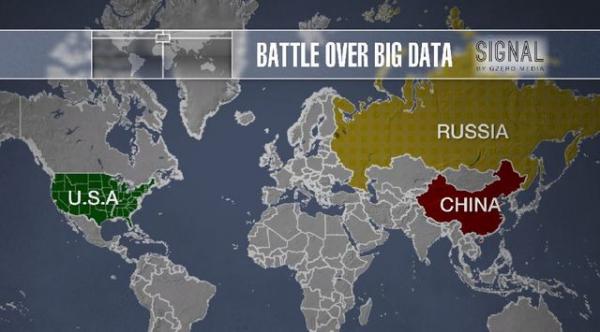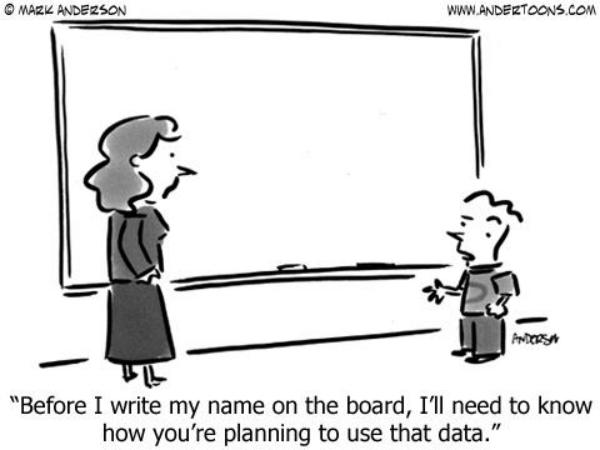New Compact on Data? Or New RULES and LESS Data?
What is a compact, again?

I just discovered a post from 2017, about Data, Power and War, which argues that much of the problems society faces today “comes down to how our society manages its most crucial new resource: Data”.
Today, says that post, the overwhelming majority of data is created by two kinds of players: big tech companies, and governments. And the problem, that post says, is that “each side feels the other is ignorant, arrogant, misguided, and incapable of understanding the other side’s point of view… There’s almost no data sharing, trust, or cooperation between them”.
The conclusion of that post is that we desperately need “a new compact between business and government, in particular as it relates to the most important resources in our society: data, processing power, and human intellectual capital”.
What is a compact, again?
A compact, says the Merriam-Webster Dictionary is “an agreement or covenant between two or more parties”. The same dictionary defines agreement as “harmony of opinion, action or character”. All this hints that a compact is, or at least should be acceptable as, something that two parties reach when they start at the same level.
A compact, or something else?
A compact on data, processing and intellectual capital between bib business and governments? When big business is:
- already global, and governments (rightly) self-restricted to single countries?
- already winning, big time?
Besides, what about everybody else? Like, you know, people? From human rights advocates, to small entrepreneurs wishing the markets were really free, and they could compete fairly?
Maybe when the situation is already unbalanced as it is today, we need new rules, not “compacts”.
Data Commons? Again?

The author of that post also wrote in a follow-up that our (=USA) tech giants could help save the innovation economy, and possibly our democracy by building, and collaboratively managing, some big “Data Commons”.
But this approach has three serious limits, besides the “compact” one mentioned above.
First, it reduces people to consumers.
Second, it is one more iteration of proposing an American-only solution to global problem created by (mostly) American companies, following American ethos.
Third, there should be no huge Data Commons of personal data. No, thanks. There should be less such data to begin with, period.
Last but not least, one question in that follow-up seems a bit naive to me:
Question: “Imagine what startups would do with searchable, aggregate, anonymized search histories, parametrized by zip code, topics, and any number of other metadata?"
Answer: they would look for, and exploit, legal loopholes to deanonymize them, of course.
Who writes this, why, and how to help
I am Marco Fioretti, tech writer and aspiring polymath doing human-digital research and popularization.
I do it because YOUR civil rights and the quality of YOUR life depend every year more on how software is used AROUND you.
To this end, I have already shared more than a million words on this blog, without any paywall or user tracking, and am sharing the next million through a newsletter, also without any paywall.
The more direct support I get, the more I can continue to inform for free parents, teachers, decision makers, and everybody else who should know more stuff like this. You can support me with paid subscriptions to my newsletter, donations via PayPal (mfioretti@nexaima.net) or LiberaPay, or in any of the other ways listed here.THANKS for your support!